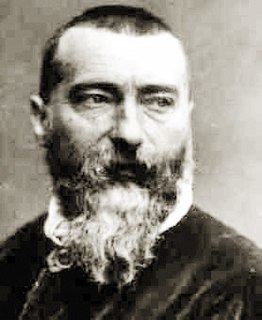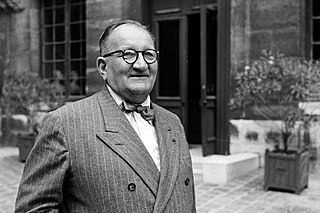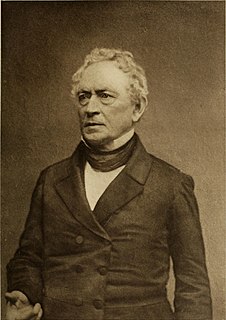A Quote by Alphonse Karr
Every man has three characters - that which he exhibits, that which he has, and that which he thinks he has.
Related Quotes
The newspaper is a Bible which we read every morning and every afternoon, standing and sitting, riding and walking. It is a Biblewhich every man carries in his pocket, which lies on every table and counter, and which the mail, and thousands of missionaries, are continually dispersing. It is, in short, the only book which America has printed, and which America reads. So wide is its influence.
In my dreams is a country where the State is the Church and the Church the people: three in one and one in three. It is a commonwealth in which work is play and play is life: three in one and one in three. It is a temple in which the priest is the worshiper and the worshiper the worshipped: three in one and one in three. It is a godhead in which all life is human and all humanity divine: three in one and one in three.
Among those whose reputation is exhausted in a short time by its own luxuriance are the writers who take advantage of present incidents or characters which strongly interest the passions, and engage universal attention. It is not difficult to obtain readers, when we discuss a question which every one is desirous to understand, which is debated in every assembly, and has divided the nation into parties; or when we display the faults or virtues of him whose public conduct has made almost every man his enemy or his friend.
There is one vice of which no man in the world is free; which every one in the world loathes when he sees it in someone else; and of which hardly any people, except Christians, ever imagine that they are guilty themselves. […] There is no fault which makes a man more unpopular, and no fault which we are more unconscious of in ourselves.[…]The vice I am talking of is Pride or Self-Conceit: and the virtue opposite to it, in Christian morals, is called Humility.
A relation is formed betwixt every man and the fruits of his own labour, the very thing we call property, which he himself is sensible of, and of which every other is equally sensible. Yours and mine are terms in all languages, familiar among savages, and understood even by children. This is a fact, which every human creature can testify.





































